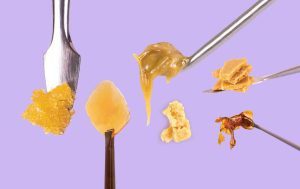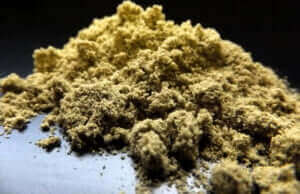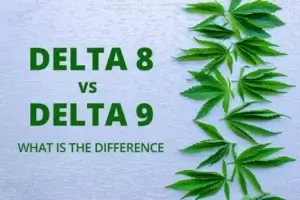Welcome to the intriguing world of Paraguay, a landlocked gem in South America that’s spinning its own tale in the global cannabis narrative. While the production and use of cannabis remain under the veil of illegality, Paraguay plays a larger-than-life role in the international cannabis arena. Let’s embark on a journey through the red-soiled fields of Paraguay, where the story of cannabis is as rich and complex as the land itself.
A Step Back in Time: The Roots of Cannabis in Paraguay
Our story begins in the late 1960s, amidst the fertile red soil of Paraguay. This soil, magical in its nurturing qualities, is an ideal cradle for cannabis plants. As the seeds took root, so did a burgeoning industry, despite the cloak of illegality surrounding it.
The Law and the Leaf: Paraguay’s Legal Tango with Cannabis
In 1988, Law N° 1.340 tiptoed onto the scene, offering a glimmer of leniency. This law said, “Hey, if you have up to 10 grams for personal use, we’ll look the other way.” A small step, but significant in the grand dance of drug policy.
The Secret Underworld: Paraguay’s Illicit Love Affair with Cannabis
Beneath the surface of legal restrictions, an illicit love affair blossomed. Paraguayan cannabis, transformed into pressed marijuana, began its covert journey across borders. With a dash of ingenuity, mixing in adhesives to disguise its scent, this Paraguayan export found its way into the streets of Brazil, Argentina, Uruguay, and Chile. This secret trade, illicit yet impactful, weaved its way into the economic and political fabric of the region.
A New Chapter: Winds of Change in Cannabis Legislation
Fast forward to December 2014, a plot twist emerged. A Paraguayan legislator, armed with a vision of change, proposed decriminalizing the possession and use of marijuana, including growing up to 30 plants. This proposal, later championed by Senator Blas Llano, signaled a potential shift in the narrative, a possible reimagining of Paraguay’s relationship with cannabis.
The Legal Landscape of Cannabis in Paraguay
Cannabis remains a complex and contentious issue in Paraguay, a country with a significant but illegal role in the global cannabis market. Despite its widespread cultivation and use, cannabis is illegal for recreational purposes in Paraguay. A notable exception exists since 1988, where Law N° 1.340 decriminalized possession of up to 10 grams for personal use. However, cultivation for personal use, including growing cannabis, is still prohibited under current laws.
Medical Marijuana and CBD Regulations
In recent years, Paraguay has taken steps to legalize medical marijuana but under strict regulations. Access to medical cannabis is generally limited to patients with specific medical conditions. Similarly, CBD products for medical use are legal, provided they adhere to the stringent regulations, particularly concerning THC content.
Implications for Travelers and Locals
Travelers to Paraguay should exercise caution and adhere strictly to local drug laws. Involvement with cannabis, even casually, can lead to serious legal consequences. For locals, the legal nuances are equally important. While possession of small amounts for personal use is decriminalized, larger quantities or involvement in cultivation and distribution can lead to prosecution.
Cannabis Cultivation and Its Economic Impact
Most of Paraguay’s cannabis cultivation occurs in rural areas, with the Amambay Department being notably prolific due to its favorable soil and climate conditions. This illicit trade significantly impacts the local underground economy and has broader implications for Paraguay’s international relations, especially in drug control.
Quality and Health Considerations
The quality of illicitly produced cannabis in Paraguay varies greatly. Often processed into pressed marijuana, it may include additives to mask its odor, raising concerns about product purity and safety. Potential health risks associated with cannabis use, such as dependency and mental health issues, are also pertinent considerations.
Comparative Regional Policies
Paraguay’s cannabis policies stand in contrast to some of its neighbors, such as Uruguay, which has legalized cannabis. The regional landscape shows a growing trend towards reevaluating cannabis laws, with Paraguay’s own legislative efforts reflecting this shift.






